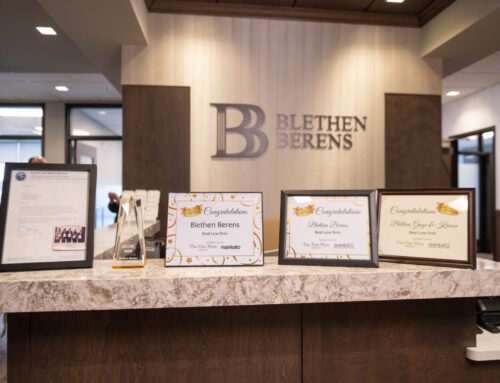No Strict Employer Liability for Harassment by Supervisor
On May 30, 2008, the Minnesota Supreme Court issued an opinion in the case of Frieler v. Carlson Marketing Group, Inc. The opinion is important for several reasons. The court first ruled that a 2001 amendment to the Minnesota Human Rights Act (MHRA) meant that a plaintiff no longer needed to prove that his or her employer knew or should have known about the sexual harassment and failed to take timely and appropriate action in order to bring a successful claim.
The plaintiff in Frieler unsuccessfully argues that the 2001 amendment to the MHRA also meant that an employer was strictly liable for any harassment by one of its supervisors. The court rejected that argument, and instead held that an employer will be subject to vicarious liability for an actionable hostile environment created by a supervisor, but permitted the employer to escape liability under a defense previously only available under federal law. The defense, commonly known as the Faragher/Ellerth defense, permits an employer to escape vicarious liability in situations where no tangible employment action has been taken (hostile environment claims) when: (a) the employer exercised reasonable care to prevent and correct promptly any sexually harrassing behavior, and (b) the plaintiff employee unreasonably failed to take advantage of any preventative or corrective opportunities provided by the employer or to avoid harm otherwise.
The court also defined the term “supervisor” for purposes of vicarious liability. The court rejected the narrow definition of the Eighth Circuit, which required the alleged harasser to have had the actual authority to take tangible employment action against the victim. Instead, the court adopted the EEOC’s broad definition, which includes any individual who has authority to take tangible employment action or the authority to direct an employee’s daily work activities.
The decision is of practical importance to Minnesota employers, because it provides an additional affirmative defence under the MHRA. Employers should ensure that they have in place clear policies to prevent and correct harassing behavior. It will also be important to ensure that all employees who may fall under the broad definition of a supervisor receive appropriate sexual harassment training.
For further information, please contact an employment law attorney at Blethen, Gage and Krause, PLLP by calling 507.345.1166
This article was prepared by Kevin A. Velasquez and Beth A. Serrill


